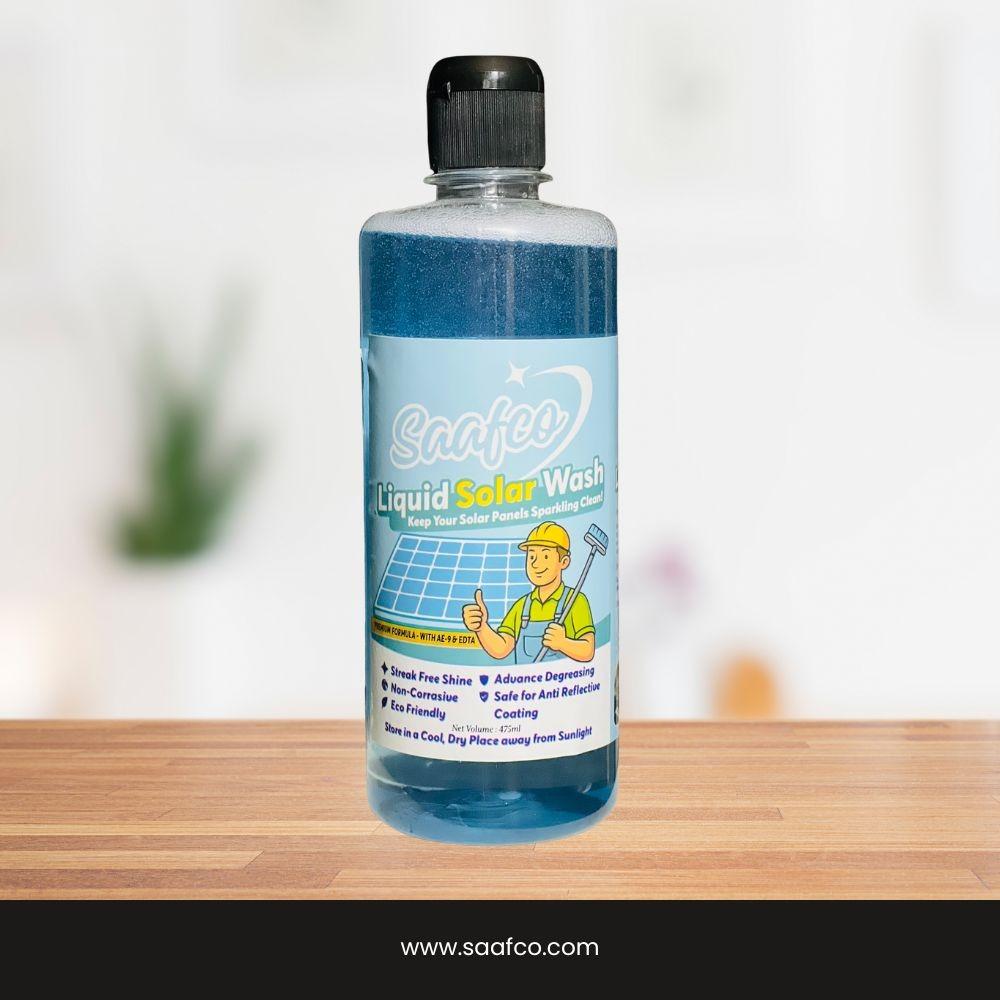How to Choose the Best A2 Desi Cow Ghee Online: A Complete Buyer’s Guide

When people look for the best a2 desi cow ghee online, they’re often seeking a product that combines tradition, purity, and nutritional value. A2 ghee made from desi cow milk has regained popularity thanks to its reputed digestibility, natural richness, and traditional roots. But with so many options available on e-commerce platforms, it’s not always easy to choose a high-quality product. Understanding what sets genuine desi cow ghee apart, how to evaluate brands online, and which key criteria to prioritize can help you make an informed purchase.
A2 desi cow ghee comes from the milk of indigenous Indian breeds such as Gir, Sahiwal, Rathi, and Tharparkar. These cows naturally produce A2 beta-casein protein, which many consumers associate with easier digestion and a more traditional dairy profile. Because of their lower milk yield compared to exotic breeds, desi cows are less exploited in mass-dairy setups. This often results in less volume but richer, more nutrient-dense milk — a quality many ghee purchasers value highly.
One of the first things to check when buying ghee online is the source of the milk. Reputable sellers should provide clear information about the breed of cow, the farm where they are raised, and whether the milk is pure (not mixed with non-desi breeds). Look for brands that emphasize ethically raised, free-grazing or naturally-fed cows. When the farming practices are transparent, it’s typically a sign that the ghee is true to its claim of being desi cow ghee.
Another critical factor is the method of preparation. Traditional bilona ghee is made by converting curd into butter (makkhan) using hand-churning, and then slowly heating the butter to separate fat from the solids. This slow, manual process helps retain flavor, aroma, and healthful compounds. In contrast, some manufacturers use cream separation or mechanized processes to speed up production, which might compromise the quality and nutritional richness. When reviewing product descriptions online, pay close attention to whether the brand explicitly mentions bilona churning, slow-cooking, and artisanal batches.
The texture and aroma of ghee can also be a clue to its authenticity. Good desi cow ghee will often have a rich, golden-yellow color and a slightly grainy or crystalline texture when cooled. A genuine product gives off a warm, nutty aroma when heated or even at room temperature. Online product images and customer reviews can help you assess these sensory attributes. Photos that clearly show the consistency and granular texture add to a brand’s credibility.
Packaging is another important element to consider. Ghee stored in airtight, food-grade glass jars is generally more reliable than the same product in plastic containers, because glass helps preserve aroma and prevents contamination. Check product listings for packaging details — premium brands often highlight glass packaging precisely because it enhances shelf life and quality.
Pricing is also a strong indicator of authenticity. Since A2 desi cow ghee demands more careful sourcing, lower milk yield, and labor-intensive traditional methods, genuine products often cost more than industrially manufactured ghee. If you encounter a product that claims to be desi cow ghee but is unusually cheap, it’s wise to question its authenticity. Reasonable prices should reflect the care taken in rearing desi cows, the churning process, and quality control.
Quality assurance and transparency are crucial when selecting the best ghee online. Many trustworthy brands provide third-party lab reports that check for purity, the presence of A2 protein, and the absence of adulterants such as vegetable oils. When shopping, prefer listings that either link to or upload their lab testing certifications. These reports are especially valuable because they validate the product’s claims and help you trust what you receive.
Reading customer reviews is one of the biggest advantages of online shopping. Reviews often reveal how the product performs in real homes — whether the flavor is consistent, whether the ghee solidifies well, or whether the aroma holds up after repeated use. Look for detailed reviews that mention granulation, natural smell, and how the ghee melts. Broad praise without specifics may not provide much assurance. Also, check whether customers mention digestive comfort, which is often cited by those switching to A2 desi cow ghee.
Another useful approach is to assess how often the brand restocks or whether there is a farm-to-door traceability feature. Brands that maintain frequent restocks or provide batch details reinforce confidence in freshness. Some farms even share stories about their cows, milk collection practices, and seasonal changes in fodder, which contribute to the quality of ghee.
Once you receive your ghee, you can perform simple home checks to confirm its genuineness. Pure desi cow ghee tends to have soft crystals when cooled, melts quickly when stirred or heated gently, and emits a warm nutty aroma. If the texture feels waxy, or there’s no aroma, it might not be properly clarified or might have been blended with other fats. These observations, though not scientific, often align with third-party test findings.
In terms of consumption, genuine A2 desi cow ghee brings more than just taste. It can be used in traditional Indian cooking — for tadka, frying, or sautéing — as its high smoke point makes it safe and stable at high temperatures. Many health-conscious consumers also add a spoonful to their morning coffee, porridge, or warm milk to improve satiety, support digestion, or benefit from fat-soluble vitamins. In Ayurveda, ghee is valued for its capacity to support digestion, nourish tissues, and act as a carrier for medicinal herbs.
Choosing the best a2 desi cow ghee online is a combination of careful research, awareness of traditional practices, and trust in transparency. By paying attention to breed information, production technique, packaging, price fairness, and lab testing, you can avoid misleading claims and enjoy a product that aligns with both your health goals and cultural values.
Here are some trustworthy tips to help you narrow down your options:
-
Prioritize brands that transparently mention the desi cow breed and their farming practices.
-
Look for slow-cooked, bilona-prepared or hand-churned ghee.
-
Prefer glass-packed jars to maintain quality.
-
Cross-check for lab reports or quality certifications.
-
Read customer reviews in detail — especially about texture, taste, and aroma.
-
Perform simple home checks for granulation, melting behavior, and aroma.
By combining these strategies, you’re more likely to find genuine, high-quality desi cow ghee that justifies its price and offers real value for your health and culinary needs. Whether you use it for cooking, morning routines, or ceremonial purposes, authentic ghee can become an important part of your daily life.
Frequently Asked Questions
Is desi cow ghee really better than regular ghee?
Many people believe so because desi cows produce A2 casein protein, which some find easier to digest. Additionally, traditional preparation helps retain flavor and nutrients, though scientific consensus on superiority continues to evolve.
Can I trust an online brand’s claim about desi cow breed?
To a large extent, yes — if the brand is transparent. Verify their labeling, check for farm information, and look for third-party certifications. Brands that hide or gloss over breed details may not be fully trustworthy.
Does bilona-prepared ghee have real benefits?
Bilona ghee is slow-churned and slowly cooked, which helps retain aroma and nutrients, and may contribute to better flavor and digestibility compared to machine-processed ghee.
How should I store desi cow ghee?
Keep it in a cool, dry place in an airtight glass jar. Avoid moisture and prolonged exposure to sunlight to maintain quality and freshness.






